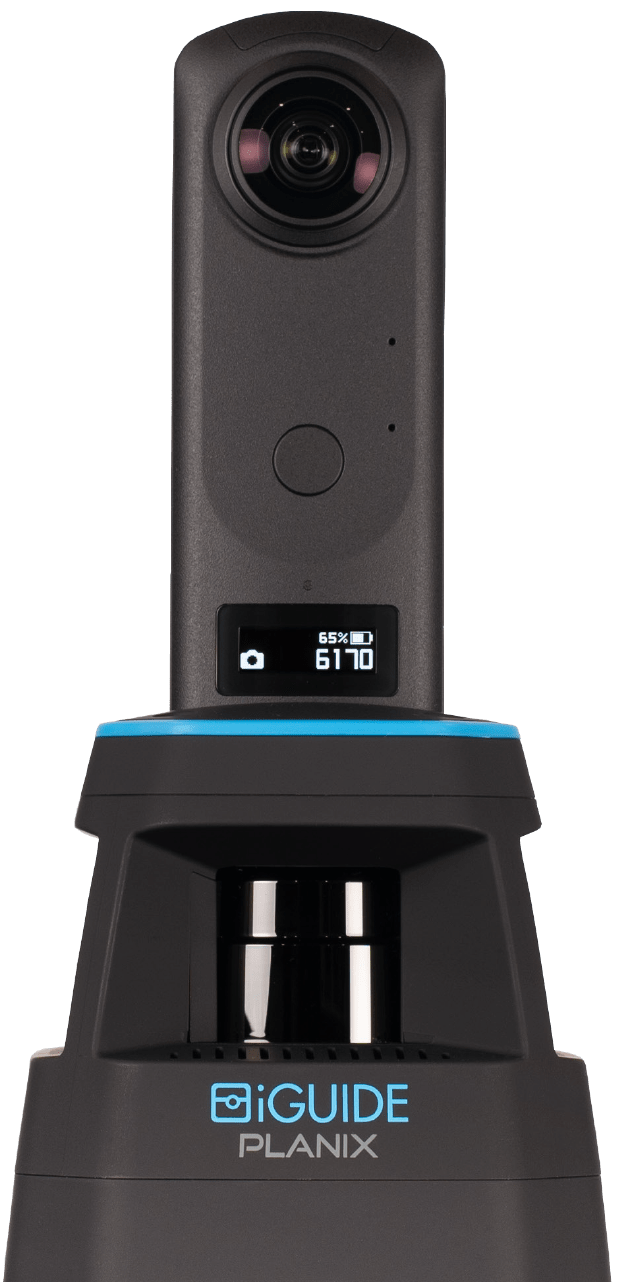Perhaps you think, why should I care about blockchain? Blockchain technology and real estate are currently being considered for a variety of real-world transactions. Though the technology itself is not new, according to a recent NAR report it will likely be years before you will see the effects in mainstream real estate transactions. But regardless of when blockchain becomes instrumental in your daily life, it is something to take notice of and form a basic understanding of.
What are blockchain and cryptocurrency?
Are blockchain and cryptocurrency the same thing? The simple answer is no. When you realize all these terms are not synonymous you can ponder the question of what are the future benefits of real estate and blockchain.
Blockchain is a digitalized system of storing important coded data in specific “blocks”. In real estate that data might include information about property titles, specifics regarding accurate measurements, 3D tours, floor plans, financing, and taxes. Once information is entered into a block it is immutable meaning it cannot be altered.
Updating the particulars requires entering in additional information but without removing the original data, thus forming a chain of information for every transaction. This essentially forms a digital trail of everything entered into the block or ledger in chronological order.
Cryptocurrency is digital money that has no physical form, existing only on computer systems. It uses blockchain technology as a way to record, encrypt, and transfer transactions controlled solely by its users and the algorithms of the computer.
Though cryptocurrency may play a role in blockchain technology and real estate at some point, the industry will likely use blockchain initially for smart contracts, improving the liquidity of real estate assets, and speeding up transactions.

Accounting and blockchain
How many times have you made a mistake on a contract or have noticed some discrepancy in a property’s accurate measurements? To consider what are the future benefits of real estate and blockchain is to consider limiting errors for all future transactions. The technology exists to enable the entire real estate transaction both past and current to be held on a blockchain.
Because blockchains are themselves immutable, every piece of information about a property is accounted for and can be verified by all users with access to the chain. This provides transparency, accountability, and the ability to audit the information quickly and easily. Access to titles and deeds can happen in an instant from anywhere in the world. You won’t have to wait for a centralized government database to provide information or proof of ownership.
Tokenization and liquidity
Real estate investing is becoming more difficult due to the rising prices of both residential and commercial property. But tokenization may open the doors for investors to stay in the real estate market and possibly diversify their investments throughout a variety of sectors.
This can be done through blockchain technology and real estate tokenization. Tokenization allows fractional ownership by the creation of tokens as a means of attracting investors like this Aspen ski resort recently accomplished through “Aspencoin” thus, making the entire property more liquid. An owner can sell all or part of the equity and allow a buyer immediate ownership all through the blockchain platform.

Smart Contracts
What are the future benefits of real estate and blockchain when it comes to day-to-day transactions? The smart contract may be the answer to speeding up everything from due diligence to closing of a sale or lease.
With all the property’s information stored in a digital ledger within the block, verification of things like profit and loss, income statements, buyer and seller identity, and credit checks can all happen in real-time.
This can lead to a reduction of time necessary to complete the deal, eliminate the likelihood of fraudulent transactions, and provide authentication every step of the way. The smart contract can, as a recent NAR article explains, have triggers to release the payment of funds when everything in the transaction is complete.
Blockchain, what could go wrong?
Though at its core, blockchain technology and real estate appear to go hand in hand as the next best technology to make transactions easier, faster, and without issue. But although blockchain technology can provide the means for cryptocurrency investors to make or lose millions in an instant, it is not without some pause when it comes to implementation for real estate.
You are comfortable using proptech like 3D tours in your daily schedule however blockchain technology is a whole different thing. For starters, the computers that run the blockchains require a substantial amount of electricity to operate smoothly thus negatively impacting the environment as recently uncovered in an MSNBC article.
Also, the use of blockchain in real estate would involve changing systems, rewriting laws, providing protection of privacy, and of course jurisdictional rights. At some point in the blockchain, the information has to come in contact with human users and that can open up the data to security risks and hackers.
Keeping an open mind helps to determine what are the future benefits of real estate and blockchain for you. The industry is evolving, technology is advancing, and the way you do business is changing.
It is important to maintain a healthy interest in proptech and blockchain so you don’t become the weakest link in your own profession.


